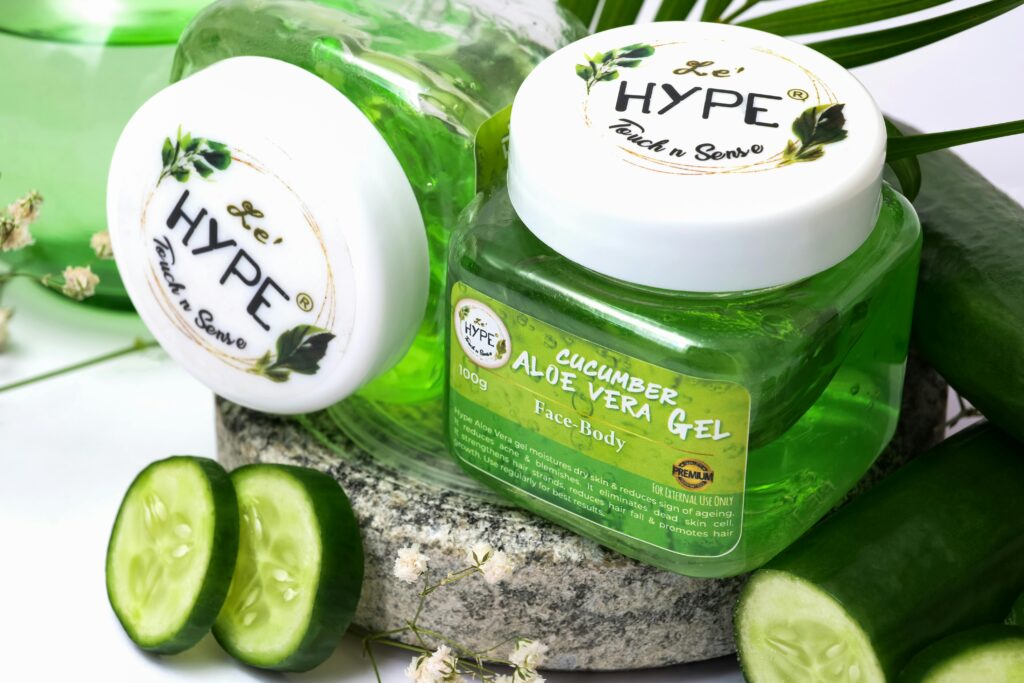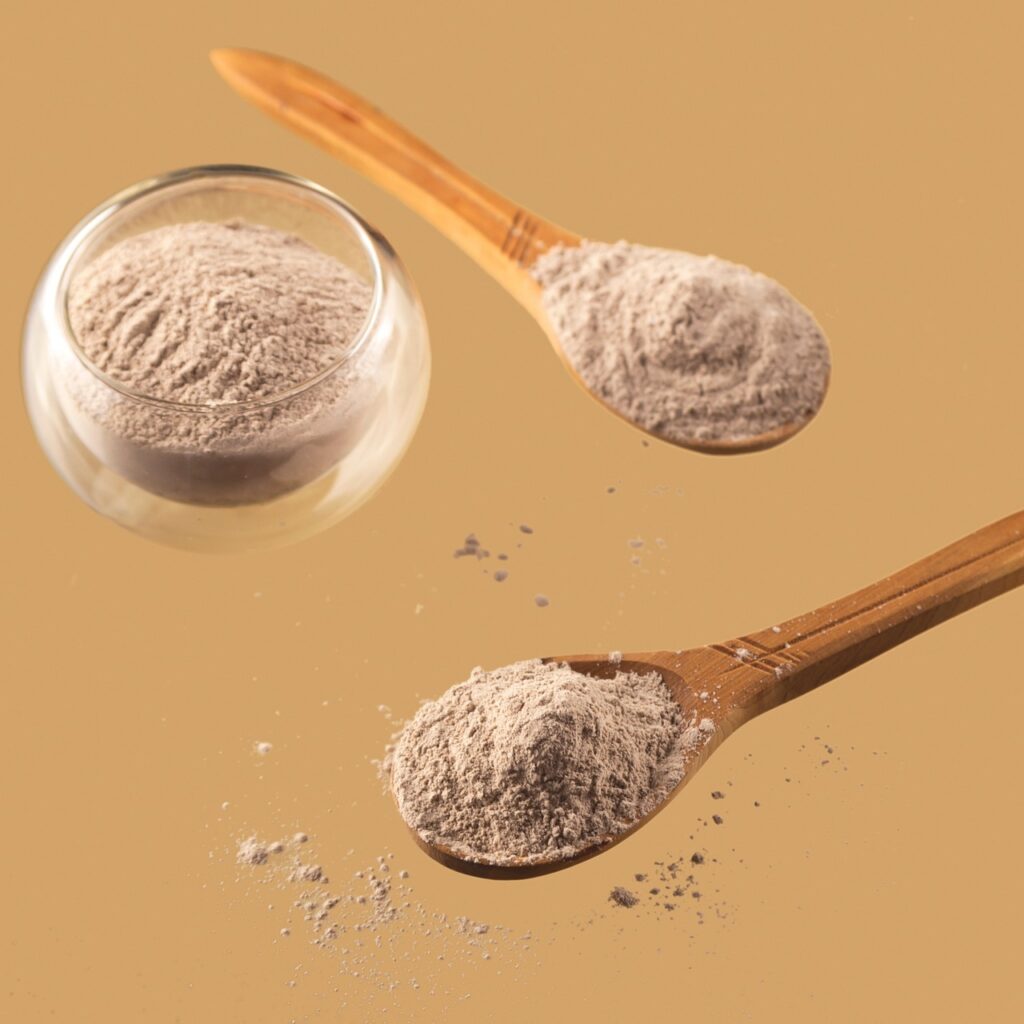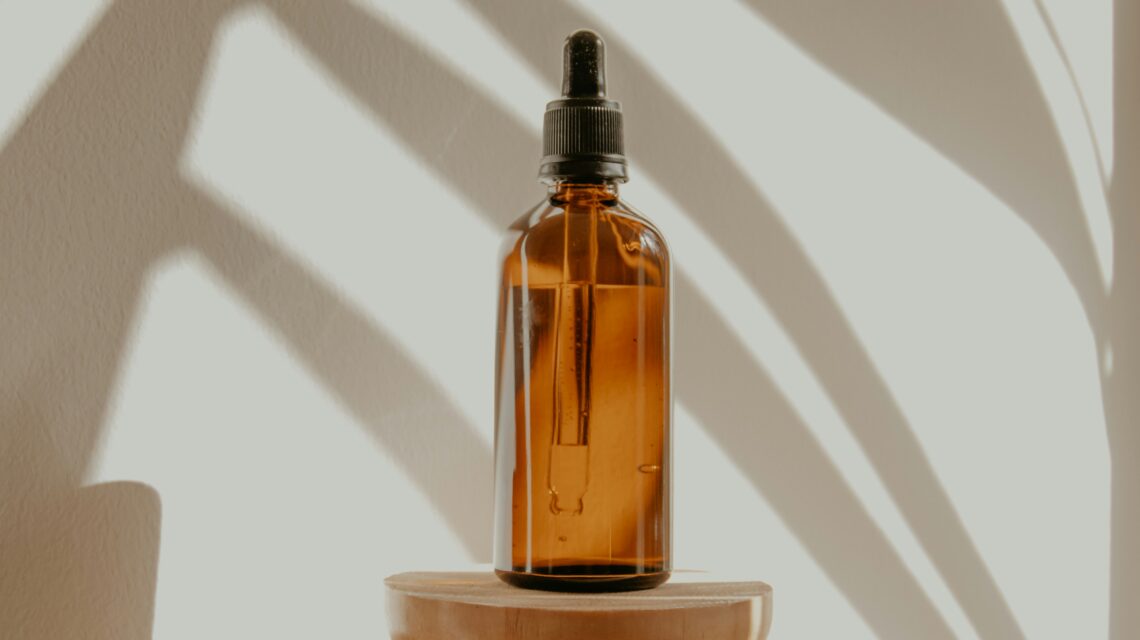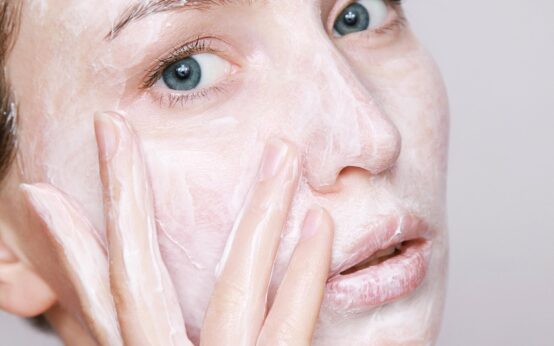Do you ever find yourself standing in the skincare aisle, overwhelmed by the endless choices of moisturizers? It seems like every bottle promises miraculous results, but finding the right one for your skin type can feel like searching for a needle in a haystack. Fear not! With a bit of guidance, you can navigate this skincare journey and find the perfect moisturizer tailored just for you.
Understanding Your Skin Type
Before you can choose the right moisturizer, it’s crucial to understand your skin type. Different skin types have unique characteristics and needs, and using the wrong product can leave your skin feeling worse than before.
Normal Skin
If your skin feels balanced—not too oily and not too dry—you likely have normal skin. This skin type has few imperfections, barely visible pores, and a radiant complexion. While normal skin is easy to manage, it still requires proper care and attention to maintain its healthy glow.
Dry Skin
Dry skin is characterized by a lack of moisture and can often feel tight, rough, and flaky. It may appear dull and can have more visible lines and redness. It requires extra hydration and care, especially during colder months when dryness can intensify.
Oily Skin
Oily skin tends to produce excess sebum, leading to a shiny complexion with larger pores. It’s prone to blackheads, pimples, and other acne-related issues. The challenge with oily skin is finding products that control oil without stripping too much moisture.
Combination Skin
Combination skin is a mix of two or more skin types, often manifesting as an oily T-zone (forehead, nose, and chin) with dry or normal areas on the cheeks. It might require different products for different areas, making it a bit more complex to manage.
Sensitive Skin
Sensitive skin can react negatively to various products and environmental factors, often leading to redness, itchiness, and irritation. It’s essential to choose gentle and soothing products if this describes your skin situation.
Aging or Mature Skin
Aging skin tends to be less elastic, drier and may show signs of wrinkles and dark spots. As skin ages, it requires moisturizers packed with ingredients that hydrate, firm, and offer anti-aging benefits.
Key Ingredients to Look For
Understanding beneficial ingredients can significantly simplify your moisturizing journey. Here’s a breakdown of ingredients to look for based on skin type:
| Skin Type | Key Ingredients to Look For |
|---|---|
| Normal | Hyaluronic Acid, Glycerin, Ceramides |
| Dry | Shea Butter, Jojoba Oil, Hyaluronic Acid |
| Oily | Salicylic Acid, Niacinamide, Retinol |
| Combination | Lightweight Natural Oils, Aloe Vera, Green Tea |
| Sensitive | Aloe Vera, Chamomile, Calendula |
| Aging | Peptides, Retinoids, Antioxidants |
Importance of Hyaluronic Acid
Hyaluronic Acid is a universal favorite known for its incredible hydrating abilities. Suitable for nearly all skin types, it can hold up to 1,000 times its weight in water, making it an essential ingredient for maintaining skin moisture.
The Role of Retinoids
Ideal for oily and aging skin, retinoids help in regulating sebum production and encouraging cell turnover, which can significantly reduce acne and signs of aging. However, they can be irritating, so it’s wise to incorporate them gradually.
Soothing Power of Aloe Vera
Aloe Vera is renowned for its soothing properties, making it an excellent choice for sensitive and combination skin types. Its cooling effect also has anti-inflammatory properties, which can reduce redness and irritation.

Moisturizer Types: Lotions, Creams, Gels, or Ointments?
The type of moisturizer you choose can heavily influence how your skin absorbs and reacts to the product. Here’s how different formulations work for various skin types:
Lotions
Lotions are lightweight and usually water-based, making them perfect for normal, oily, or combination skin. They provide just enough hydration without making your skin feel greasy.
Creams
Creams are thicker and richer, ideal for dry and aging skin types. They provide a heavier barrier on the skin to trap moisture effectively, which can help reduce dryness and flakiness.
Gels
Gel moisturizers are often oil-free and rapidly absorbed, making them excellent for oily or sensitive skin types. They deliver moisture without weighing down the skin or clogging pores.
Ointments
Ointments have the thickest consistency and offer the strongest moisture barrier, ideal for extremely dry or compromised skin. However, they may be too heavy for normal to oily skin types.
What to Avoid in a Moisturizer
While knowing what to look for is crucial, it’s equally important to recognize what ingredients might be harmful or irritating to your skin type.
Fragrance
Fragrances can be irritating, especially for sensitive and acne-prone skin. Products labeled as “fragrance-free” are generally more suitable if your skin reacts negatively to aromatic ingredients.
Alcohol
While not all alcohols are bad for skin (fatty alcohols can be moisturizing), certain types, like SD alcohol or denatured alcohol, can be overly drying and harsh, particularly on dry or sensitive skin.
Parabens and Sulfates
These preservatives and cleansing agents can irritate sensitive skin or disrupt hormonal balance, so opting for products labeled “paraben-free” and “sulfate-free” can be beneficial.

Testing a New Moisturizer
Even with all the right information, personal experience is crucial. Here’s how to patch test and introduce a new moisturizer to your skincare routine.
Patch Testing
Before you apply a new product to your entire face, do a patch test on a small area like your wrist or behind your ear. Wait 24 to 48 hours to ensure there’s no adverse reaction.
Gradual Introduction
Start by using the product every other day or night to observe how your skin adjusts. If you don’t experience any negative reactions, integrate it fully into your daily regimen.
Monitoring Changes
Keep a close eye on how your skin responds over the first few weeks. If your skin feels hydrated and balanced without breakouts or irritation, you may have found the right product.
Seasonal Changes and Your Skin
Your skin’s needs can change with the seasons, requiring adjustments in your skincare routine to accommodate these shifts.
Winter Care
Winter air is cold and dry, which can strip moisture from the skin. It’s crucial to use a thicker, more emollient moisturizer to provide adequate hydration and protection from harsh elements.
Summer Care
Conversely, during the summer, you might prefer a lighter, non-comedogenic moisturizer to prevent oily skin and breakouts caused by sweat and increased sebum production.
Transitional Seasons
In spring and fall, focus on maintaining balance with a moisturizer that provides hydration without being too heavy, adjusting based on humidity and temperature fluctuations.

Final Tips for Choosing the Right Moisturizer
Choosing the right product is as much about understanding your skincare needs as it is about being willing to experiment and learn from what your skin tells you. Here are some final tips to guide your choice:
- Read Reviews and Do Your Research: Check user reviews and consult reliable skincare sources to gather insights on products you’re interested in.
- Consider Professional Advice: If you’re uncertain, consult a dermatologist for personalized recommendations. They can provide a professional evaluation of your skin’s needs.
- Prioritize Sunscreen: Regardless of the moisturizer choices, always use sunscreen during the day to protect against UV damage and premature aging.
- Understand the Order of Application: Apply your moisturizer after cleansing and toning but before sunscreen and makeup, to lock in hydration.
- Listen to Your Skin: Your skin’s needs may evolve. Stay attentive and don’t hesitate to switch products when something doesn’t feel right.
By learning more about your unique skin type, identifying beneficial ingredients, and choosing the right formulation, you’re well-equipped to select a moisturizer that meets your needs. Your skin deserves the best care, and finding the right moisturizer is a step towards maintaining healthy, radiant skin. So next time you’re at the store, you can confidently pick the product that will provide the hydration and protection your skin craves.

 How To Create A Skincare Routine For Oily Skin
How To Create A Skincare Routine For Oily Skin  Skincare Myths That Are Wrecking Your Glow
Skincare Myths That Are Wrecking Your Glow  Glowing Skin Secrets: Natural Tips That Really Work
Glowing Skin Secrets: Natural Tips That Really Work  How To Exfoliate Your Skin Safely At Home
How To Exfoliate Your Skin Safely At Home  Popular Anti-Aging Skincare Products That Actually Work
Popular Anti-Aging Skincare Products That Actually Work  How To Create A Skincare Routine For Oily Skin
How To Create A Skincare Routine For Oily Skin  The Best Ingredients For Anti-Aging Skincare
The Best Ingredients For Anti-Aging Skincare  Skincare Myths That Are Wrecking Your Glow
Skincare Myths That Are Wrecking Your Glow  Natural Skincare 101: Everything you Need to Know
Natural Skincare 101: Everything you Need to Know  The Ultimate Guide To Sunscreen: What You Need To Know
The Ultimate Guide To Sunscreen: What You Need To Know  Guide to the Best Anti acne Products for Clear Skin
Guide to the Best Anti acne Products for Clear Skin